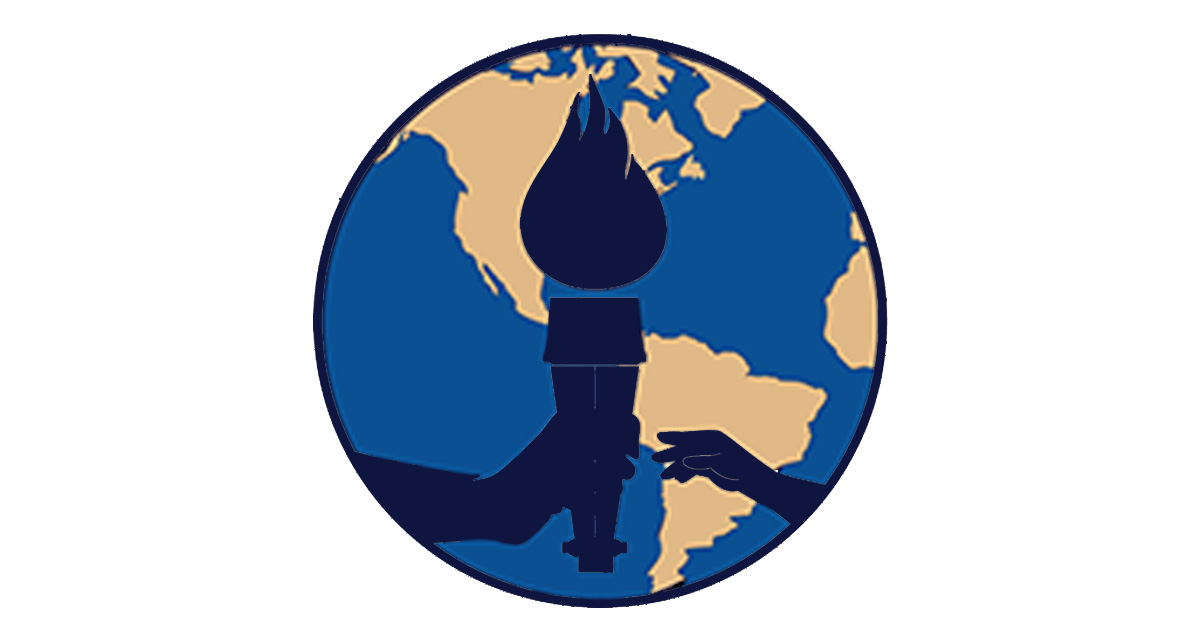Fontana Unified School District
Fontana Unified to Partner with Paper Education, Provide Students with 24/7 Online Tutoring
FONTANA, CA – Fontana Unified students will receive live, 24/7 aid in core subjects and an array of electives through a new District partnership with digital tutoring service Paper Education.
The service will launch in March, providing students in grades three to 12 with access to one-on-one tutoring 24 hours a day, seven days a week in English and Spanish.
“Fontana Unified is committed to ensuring all students receive a high-quality education that prepares them for academic and professional success, whether they are in the classroom or learning remotely,” Fontana Unified Superintendent Randal S. Bassett said. “We are excited to partner with Paper Education, providing another means of supporting student success and aiding in the effort to close the achievement gap.”
Paper Education’s tutors are trained in the Socratic method, which aims to foster critical thinking and focuses on giving students questions rather than answers. Fontana Unified students will also have access to essay review services through Paper Education, allowing them to upload any piece of written work and receive an annotated version of their work within 24-48 hours.
“We know that during the time of distance learning, we are all trying to making the possible happen in impossible circumstances,” Palmetto Elementary School Principal Lauri Martin said. “Paper Education allows me to support my kids at home, as a working parent, far after the virtual school bell rings. It is nice to know that there is more than one thought partner to help my family get through this, when we all need a helping hand.”
Students will access paper through their ClassLink portal, and simple, easy-to-use videos on navigating the platform will be available to families on the District website on March 1.
The partnership is the latest effort in the District’s longtime mission to ensure equity in education, aided by initiatives that tackle the digital divide and achievement gap.
Other efforts include fast-tracking the District’s 1:1 device initiative to equip students with devices for distance learning; creating a Citizens Broadband Radio Service private network to provide students with high-speed internet access, which is entering its testing phase; and launching a K-12 Virtual Learning Program that allows students to complete grade-level courses at their own pace.

Fontana Unified to Partner with Paper Education, Provide Students with 24/7 Online Tutoring
Fontana Unified School District
- Image Title
- Fontana logo
Right-click on the image to save
